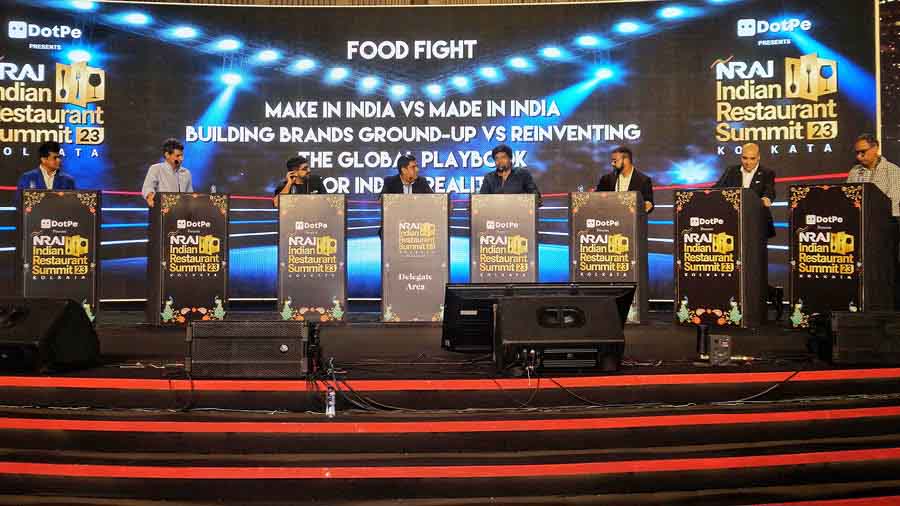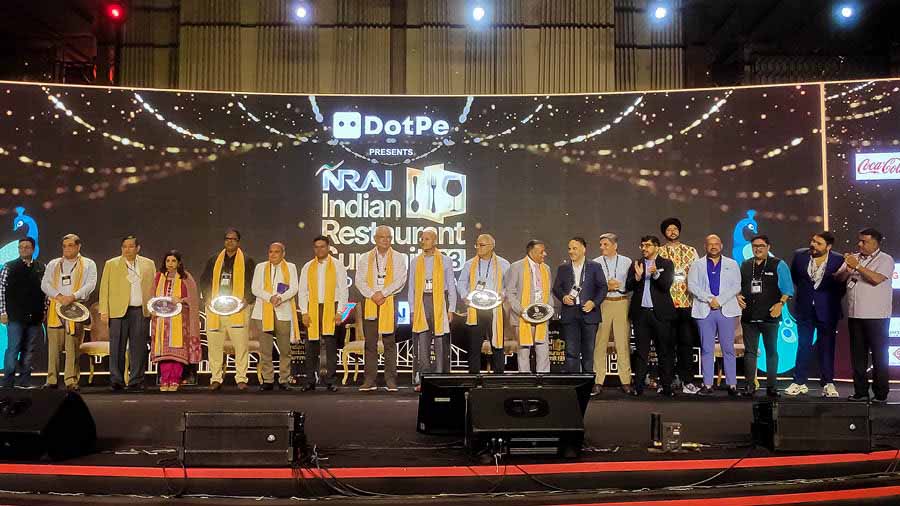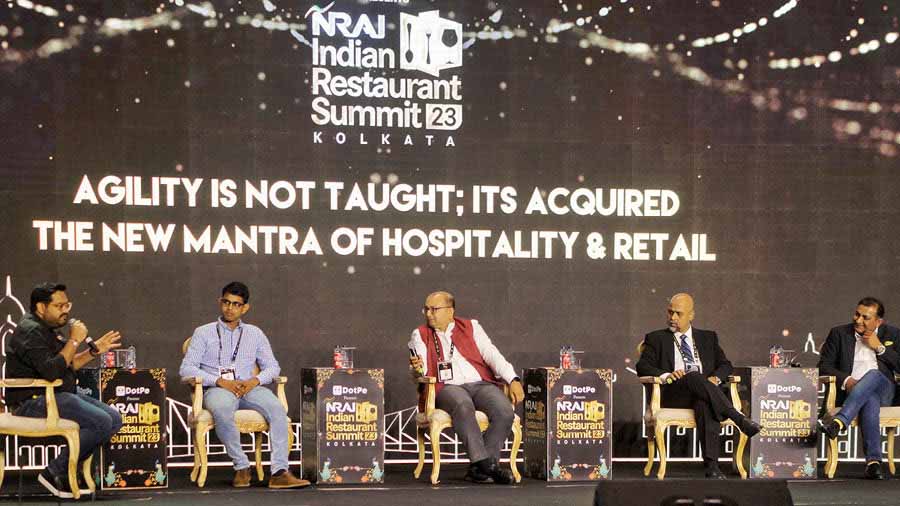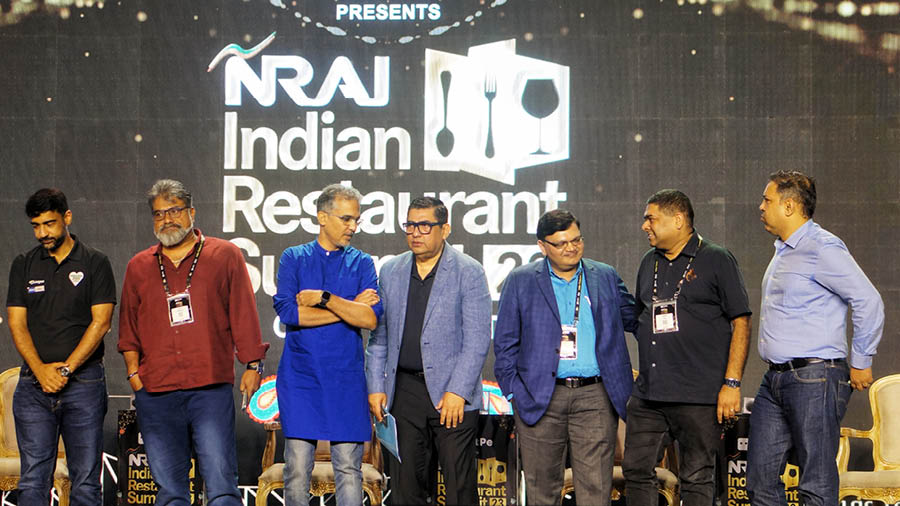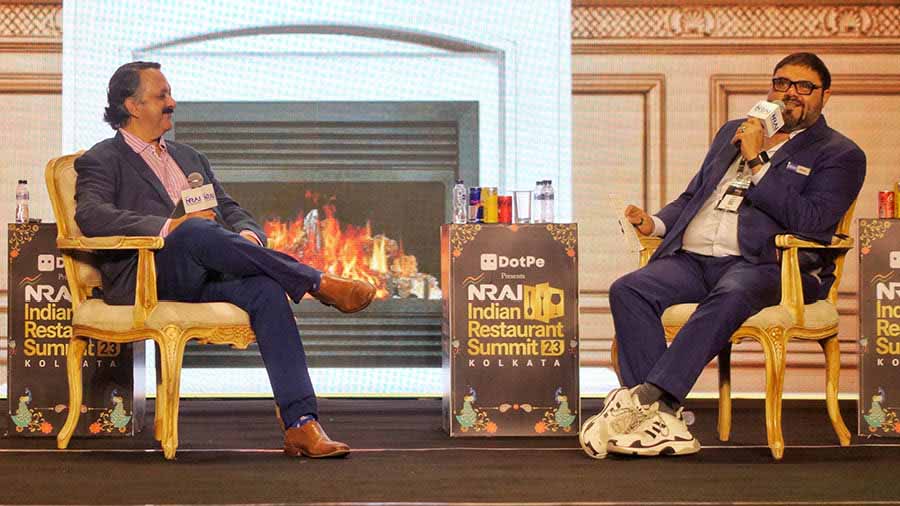Make In India: Homegrown brands that are built in India from the ground up
Made in India: Foreign brands that reinvent the global playbook to suit Indian realities
Day One (September 21) of the NRAI Indian Restaurant Summit 2023 saw a neck-to-neck debate. The topic? ‘Make In India vs. Made In India.’ Excerpts from the big ‘Food Fight’ between top players of India’s F&B industry:
Sameer Khetarpal, CEO & MD, Jubilant FoodWorks
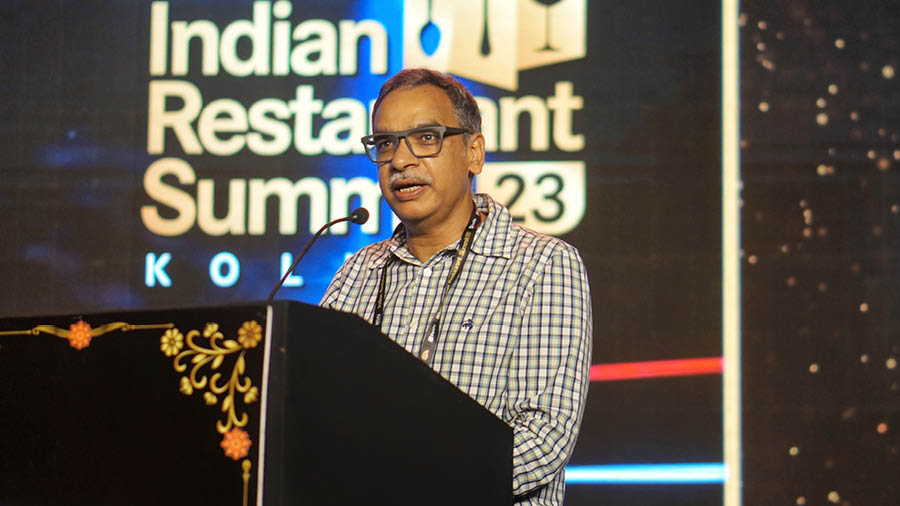
Sameer Khetarpal
‘Made in India, at the moment, is winning’
This industry is tough, it runs on merit and every second counts. One needs very strong processes and international QSR companies have years of experience in perfecting processes, in building kitchen and delivery processes. Second, scalability is a significant factor. Managing a few restaurants differs greatly from handling hundreds or thousands. So again, international QSRs have experience over there. Third, the landscape is evolving. A business like Domino’s is no longer just about pizza or products. It is about supply chain and delivery, technology and loyalty… all integrated into a single platform. Hence, I want to start with a provocative notion that Made in India, at the moment, is winning.
Matt Chitharanjan, co-founder, Blue Tokai Coffee Roasters
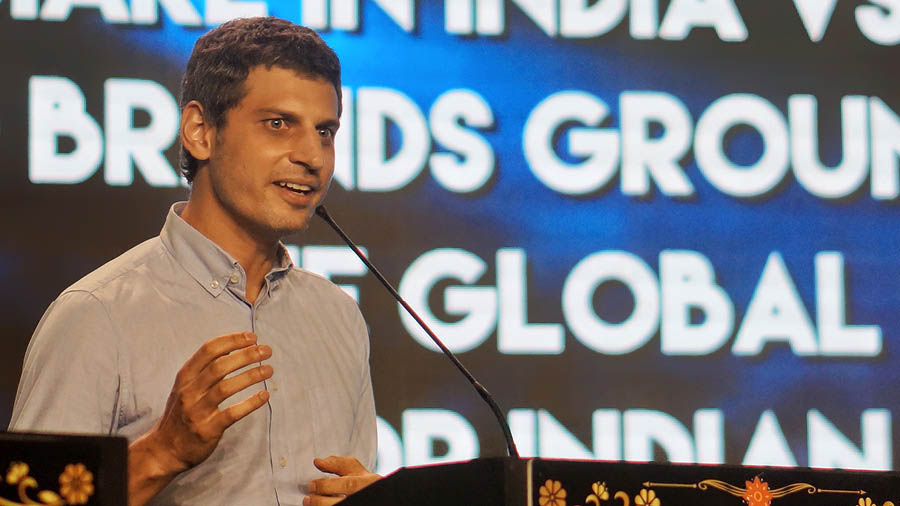
Matt Chitharanjan
‘Initial excitement of Made in India Vs sustainability of Make in India’
We started Blue Tokai because we thought there was incredible coffee here in India and we wanted to showcase that. We started with the belief that we could blend Indianness with premium quality. In the cafe segment, foreign brands are aspirational and may initially generate a lot of excitement. There will be a huge queue when a brand launches. But can they sustain? I think that’s the challenge. Adapting to local tastes, price points, and maintaining that initial enthusiasm can be challenging. Make In India brands, on the other hand, have strong roots here and are more sustainable going forward.
Saurabh Kalra, MD, McDonald’s India
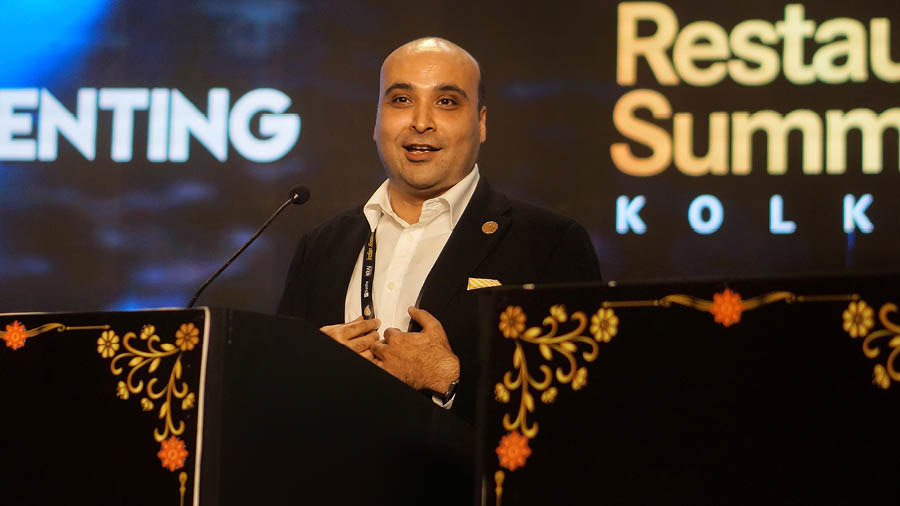
Saurabh Kalra
‘It’s Make in India and Made in India together’
In my opinion, it’s Make in India and Made in India together. We are all making it in India and we have all made it in India. This extends to multiple aspects – financial models, demand models, and operating models. If you ask me what a global franchise does for you, it gives you a strong operative model. But if you look at the consumer demand or the financial model, it’s a tough job to make it happen in India and to make a profitable business happen in India.
Sagar Daryani, co-founder, WOW! Momo
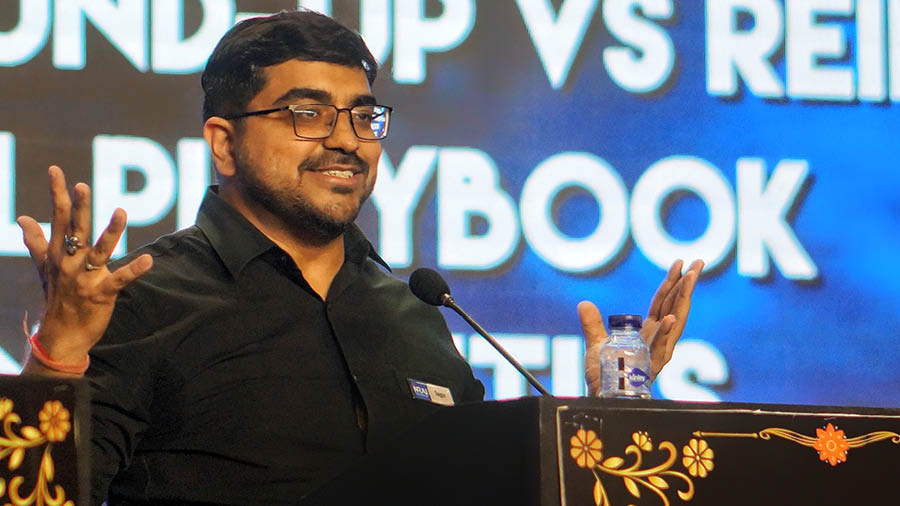
Sagar Daryani
‘Supporting an Indian brand is Make in India for me’
The landscape has evolved since the early days when international brands had their way in India. They wanted the front location in malls, and the best branding to be visible. Is that Make in India or is that making it in India? When we started Wow! Momo, we did not expect a 4km queue of customers. We didn’t get the best of locations. The malls would say, ‘I can’t give you signage this way, do this, do that’ and the other. Today, I tell them, “You want McDonald’s to have a huge facade, you allow Dominos, why not me?” You should support an Indian brand, that’s Make in India for me! Be vocal for local before going global.
Abhishek Gupta, chief customer officer, The Coca-Cola Company
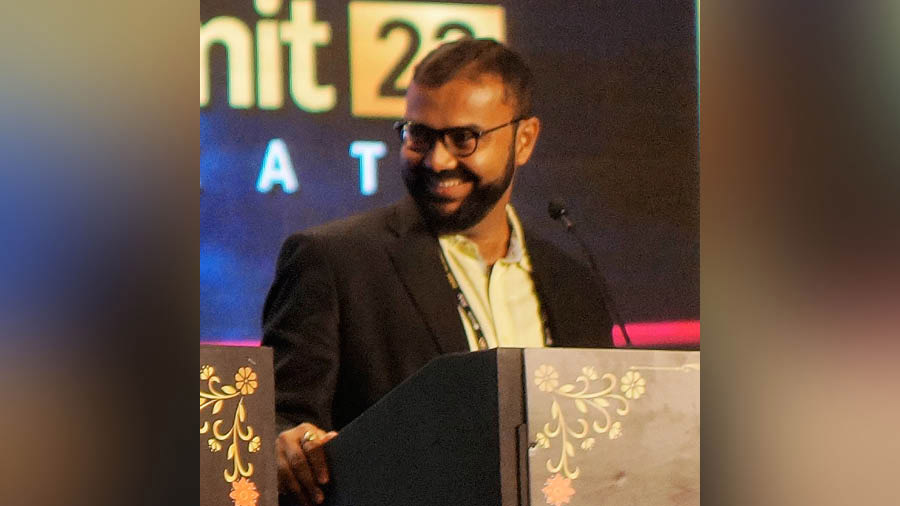
Abhishek Gupta
‘At the end of the day, the consumer has the final say’
In today’s day and age, it’s an era of ‘and’ and not an era of ‘either/or’. In that context, Make in India or Made in India is more about ‘and’ instead of ‘or’. We have billion-dollar brands like Sprite and Thums Up, each with its unique appeal. While Sprite is a global superpower brand, Thums Up is our desi toofani thunder. Additionally, we can keep discussing Make in India or Made in India but at the end of the day, the consumer has the final say.
Chef Sabyasachi Gorai
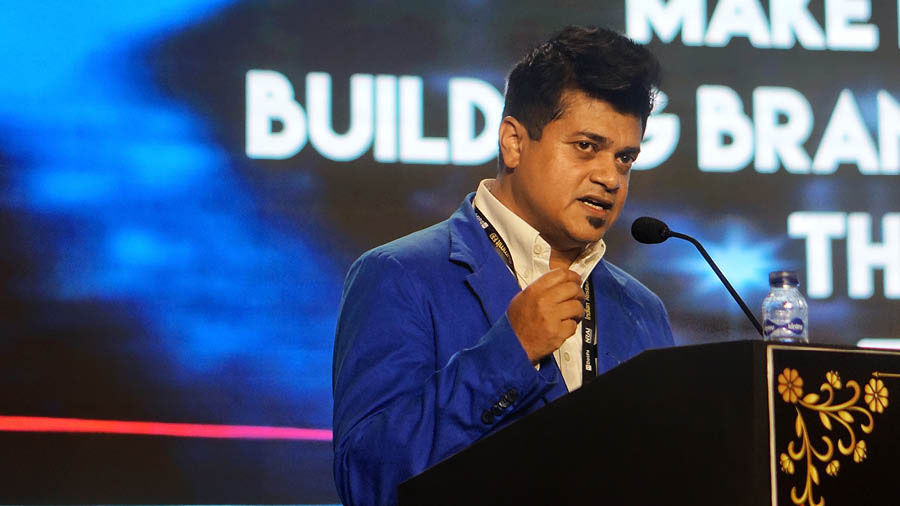
Sabyasachi Gorai
‘Made In India has an edge over Make In India’
I have spent time on both sides of the fence. Made in India brands, many of which originated from the US, have strong processes and training. Let’s say, for example, I identify anyone from the street and six months later, the boy is a chef and making fantastic burgers. Which has not happened in our case. It takes us a long time to build a brand whether it’s the training, process or the talent. There is a major shortage of talent too, which I see every day as a chef, be it a QSR, Made in India or Make in India brand. I am very proud of the brands that I have been a part of, however, I feel our brands have to invest a little more, at the core of it, on training and process and developing a talent pool.
Vishal Jindal, CEO, Biryani By Kilo
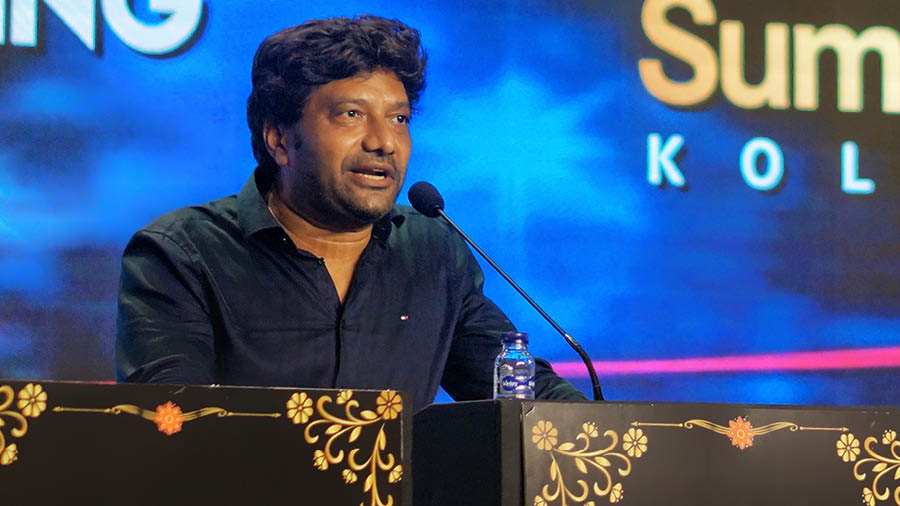
Vishal Jindal
‘The local players finally win because of taste, nostalgia and memories’
Food is about taste, nostalgia, and memory. Starbucks is pulling out of Australia, they couldn’t make it there despite being a big brand. The local brands gave them a run for the money. They pulled out of Italy as well. So, the bigger players will always win in the beginning because of their SOPs, the finances and the scale of the brand. But finally, it is the local players who win because they have the taste, nostalgia and memories. Which is why we are very proud of the biryanis we are making.
